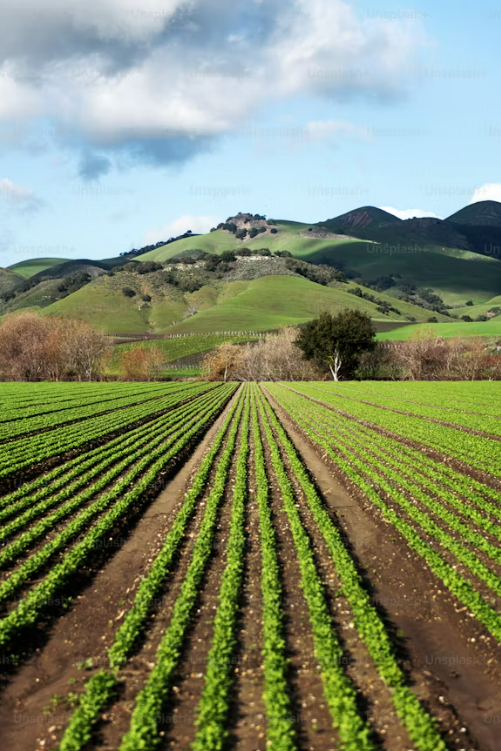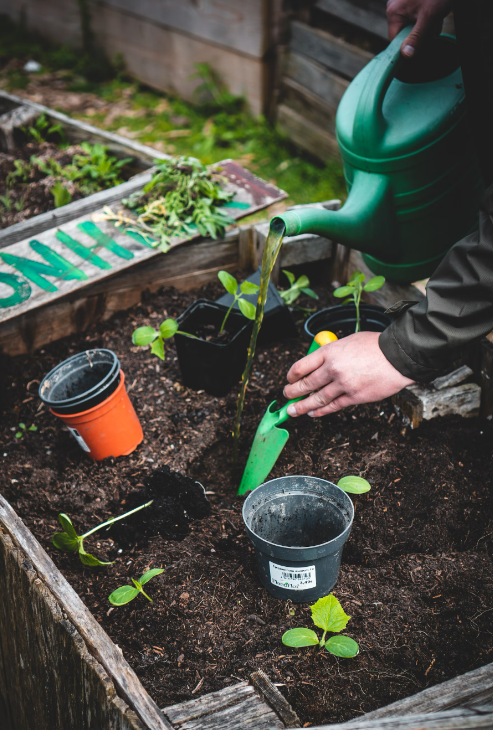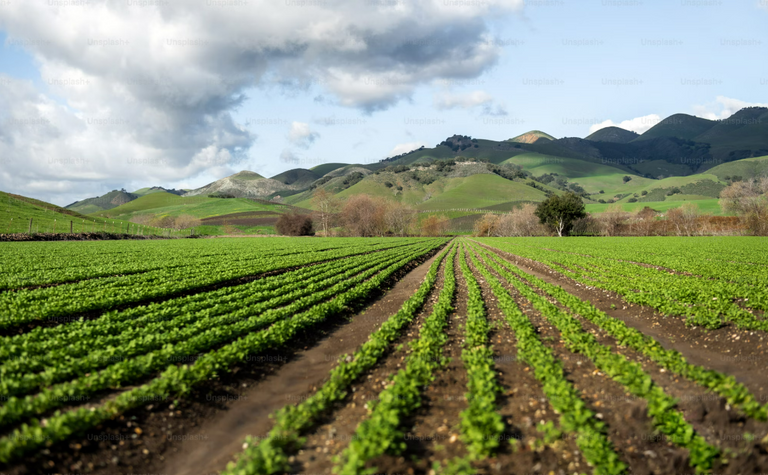Sustainable farming is a growing movement aimed at balancing the need for food production with environmental stewardship and long-term agricultural viability. Whether you’re a small-scale farmer or just curious about the concept, here’s an in-depth look at how to implement sustainable practices and why they matter.
What is Sustainable Farming?
Sustainable farming refers to agricultural practices that aim to meet present needs without compromising future generations' ability to produce food. It emphasizes:
- Environmental Health: Preserving soil, water, and biodiversity.
- Economic Viability: Ensuring farming remains profitable.
- Social Equity: Supporting communities and fair labor practices.
Key Principles of Sustainable Farming
Soil Health
- Use crop rotation to prevent nutrient depletion.
- Incorporate organic matter like compost to enrich the soil.
- Avoid over-tilling to maintain soil structure and reduce erosion.
Water Management
- Use drip irrigation systems to conserve water.
- Harvest rainwater for irrigation purposes.
- Plant drought-resistant crops in arid regions.
Biodiversity
- Cultivate a variety of crops to reduce pest risks.
- Maintain hedgerows and trees to support local wildlife.
- Integrate livestock for a holistic ecosystem.
Reduced Chemical Use
- Replace synthetic fertilizers with organic options.
- Employ natural pest control methods, such as introducing beneficial insects.
- Use integrated pest management (IPM) to minimize pesticide use.
Energy Efficiency
- Transition to renewable energy sources like solar or wind for farm operations.
- Optimize machinery usage to reduce fuel consumption.
Waste Reduction
- Recycle farm waste into compost or bioenergy.
- Use biodegradable materials for packaging and storage.
Benefits of Sustainable Farming
Environmental Protection
- Reduces greenhouse gas emissions.
- Enhances soil fertility and reduces erosion.
- Conserves water and energy resources.
Economic Stability
- Decreases reliance on expensive chemical inputs.
- Increases resilience to climate change and market fluctuations.
Improved Food Quality
- Promotes healthier, chemical-free produce.
- Supports local food systems, reducing transport-related degradation.
Social Impact
- Creates jobs in rural areas.
- Encourages community engagement and education on sustainable practices.
Practical Steps to Start Sustainable Farming
Assess Your Land
Evaluate the current soil health, water resources, and climate conditions to determine the best sustainable practices for your farm.Start Small
Implement one or two sustainable methods, such as organic composting or crop rotation, and scale up as you gain confidence.Seek Education and Support
Join farming cooperatives, attend workshops, and consult experts to learn more about sustainable techniques.Monitor and Adapt
Regularly assess the impact of your practices and make adjustments as needed. Farming is a dynamic process that requires continuous learning.
--

source
Sustainable Farming Success Stories
- Agroforestry in India: Combining crops with tree planting has improved yields while restoring degraded lands.
- No-Till Farming in the U.S.: Farmers in the Midwest are using no-till methods to reduce soil erosion and improve carbon sequestration.
- Organic Farming in Kenya: Smallholder farmers have increased incomes by transitioning to organic practices that fetch premium prices
Final Thoughts
Sustainable farming is not just a trend; it’s a necessity for a thriving planet. By adopting these practices, farmers can ensure the longevity of their land, provide high-quality food, and contribute to a healthier environment. Whether you’re a farmer, consumer, or policymaker, embracing sustainability in agriculture benefits everyone.

